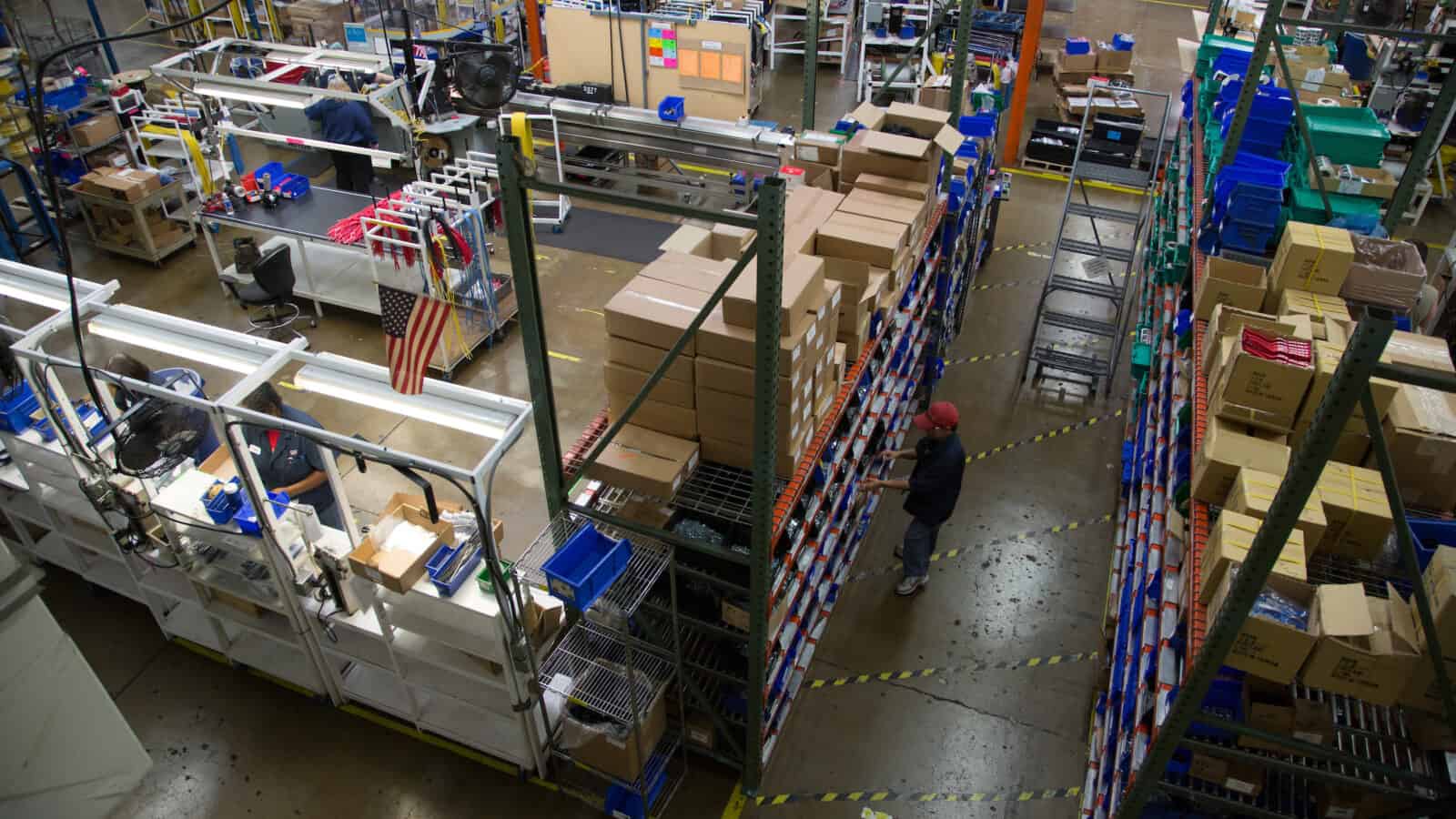The Story Behind “This Is Our Shot”
Get the Latest News
Sign up here
The NAM and The Manufacturing Institute have launched a large-scale project to promote vaccination among manufacturing workers and communities, called “This Is Our Shot.”
As NAM President and CEO Jay Timmons describes it, “This project builds on our months of work advocating the use of face masks and other smart health measures to protect all Americans . . . . Now is our opportunity as a country to end this pandemic. Our future depends on all of us rolling up our sleeves and getting armed against COVID-19.”
So how did they make it happen? We recently talked to NAM Vice President of Brand Strategy Chrys Kefalas about the inside story.
Why: As Kefalas puts it, “We have a crisis. Depending on which study you look at, between 30% to 40% of Americans say they will not get a COVID-19 vaccine. We have to take direct aim now at vaccine hesitancy; otherwise, we’ll have safe and effective vaccines and not enough people willing to get them to reach heard immunity.”
Why the NAM and the MI? The NAM, along with its workforce development and education partner, the MI, has a “singular power” to leverage manufacturing’s unifying position as a trusted community resource, Kefalas explains.
How: In the spirit of manufacturers everywhere, let’s take a look at how this project got made.
- First, the research: “We’ve relied on a wide range of suggestions and guidance, from manufacturers of all sizes and all sectors. We’ve also sought recommendations from the Gates Foundation, the CDC and other public health leaders,” says Kefalas.
- Second, the reach: “We’re engaging company medical officers, local health care providers and community members who can change hearts and minds about COVID-19 vaccination.”
- Third, the sights: “It’s going to take videos, photos, flyers, posters, emails—and other very visible signs that others are getting armed against COVID-19.”
- Fourth, the psychology: Research shows that a sense of group loyalty or patriotism can boost vaccination numbers, Kefalas explains. To create that sense of solidarity (and social influence), the NAM and MI will distribute red and yellow ribbon pins for those who get vaccinated—and encourage people to put up red and yellow ribbons outside their homes once their whole households have received the vaccine.
What can you do? The initiative is providing manufacturers with communications materials to share with their teams. As Kefalas says, clear, consistent and direct communication from employers and peers really helps. “And when you are conveying medical information, rely on the experts like medical officers and direct people to their medical providers,” Kefalas suggests.
All we need is love: In case you missed it, the first video in this initiative dropped yesterday, a charming short called “I Love Frank.” Kefalas explains the idea: “Caring for others is really the one message that seemed to resonate across all demographic groups. Vaccinations should be really simple, because it comes down to one thing: we want to protect the people we love.” You can’t say it any better than that.



